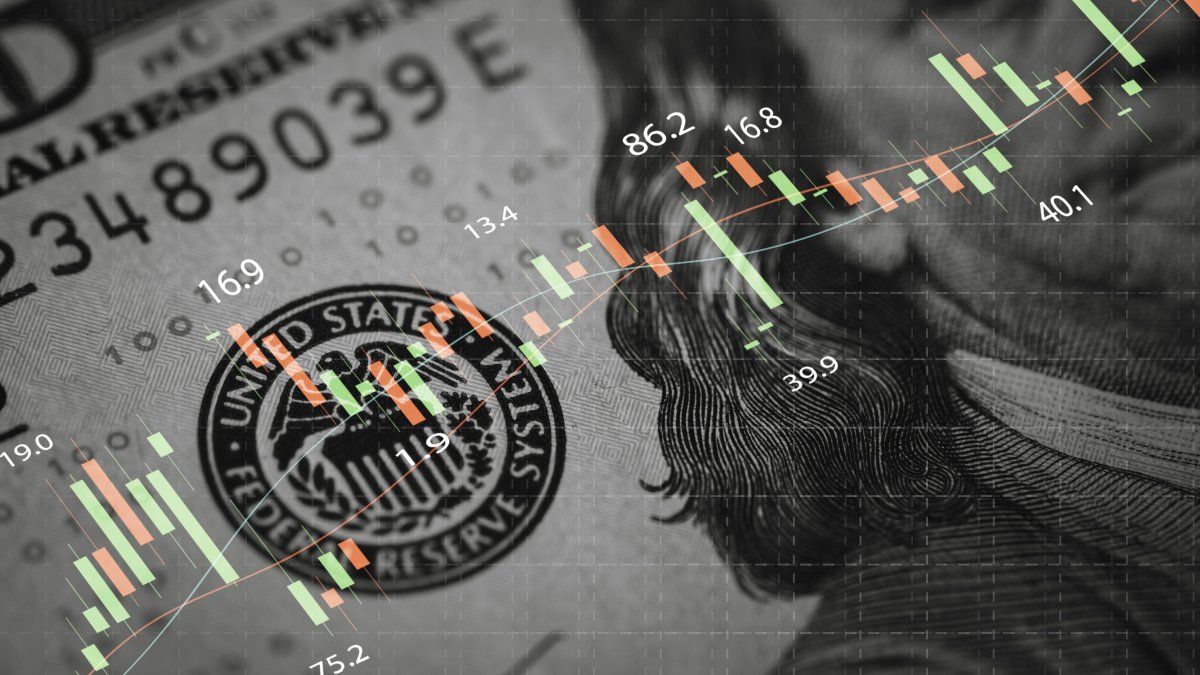Many farmers see black for their farms: A difficult economic situation, ever higher requirements and an indecisive policy trigger fears for the future.
Many pig farmers currently see no future for their farms. According to a survey by the interest group of pig farmers in Germany, half of the farms in Germany want to exit in the next ten years.
Smaller companies in particular are even thinking of giving up at short notice, the ISN announced on Tuesday in Damme (Vechta district). In July and August 1048 sow farmers and fatteners were surveyed. Most of the companies come from Lower Saxony and North Rhine-Westphalia. Around 160 pig farmers from southern Germany took part in the survey.
As a result, 60 percent of sow farmers and 40 percent of pig fatteners want to quit within ten years. In about every sixth company surveyed, the exit is already very concrete or is imminent in the next two years, said the ISN. In southern Germany, more than 70 percent of the sow farmers and 55 percent of the pig fatteners want to give up their operations in the next ten years.
Lack of perspective
Despite the current difficult economic situation, it is not the low producer prices that are the most frequently mentioned cause of the operational closures. The fact that so many farmers want to give up is a consequence of the lack of perspective and the lack of political support, said ISN chairman Heinrich Dierkes.
Agricultural economist Josef Efken from the state-owned Thünen Institute in Braunschweig also expects a noticeable structural change in meat production in Germany in the coming year. “All the signs indicate that there will be a significant decline in production in the coming years,” said Efken. According to this, experts expect a decline of 5 to 8 percent in the production of pork as early as 2022, because many companies are giving up. This has an impact on the slaughterhouses: Smaller businesses or parts of businesses are likely to close. Large companies like Tönnies in Rheda-Wiedenbrück in Westphalia, however, are not in danger.
Chancne in a crisis too
On the other hand, the crisis could also offer an opportunity, namely if farmers in the future, by producing higher quality products, focus more on animal welfare than is possible in the current factory farming. On the other hand, there is also the possibility that the industry will get stuck in the current cost corset and will have to continue to face international competition. “It’s really unclear where we’re headed,” said Efken.
For the entire economy, however, the consequences of structural change in agriculture are manageable, said Efken. In an ongoing study, the Thünen Institute is examining the three districts of Emsland, Cloppenburg and Vechta – this region is one of the strongholds of German animal husbandry. Because there are other growth sectors in the region, the labor market could continue to grow even in the event of a significant decline in the number of farms. However, growth would be less, said Efken.
Pig farmers in Germany need support and planning security, said the Baden-Württemberg Minister of Agriculture and Coordinator of the CDU Agriculture Minister of the federal states, Peter Hauk. Pig farming with a transparent and, above all, regional value chain must also have a permanent place in Germany in the future. “Above all, we have to accelerate and simplify the approval process, especially when it comes to emissions protection,” said Hauk. The Agriculture Ministers’ Conference meets in Dresden from Wednesday to Friday.
Jane Stock is a technology author, who has written for 24 Hours World. She writes about the latest in technology news and trends, and is always on the lookout for new and innovative ways to improve his audience’s experience.




